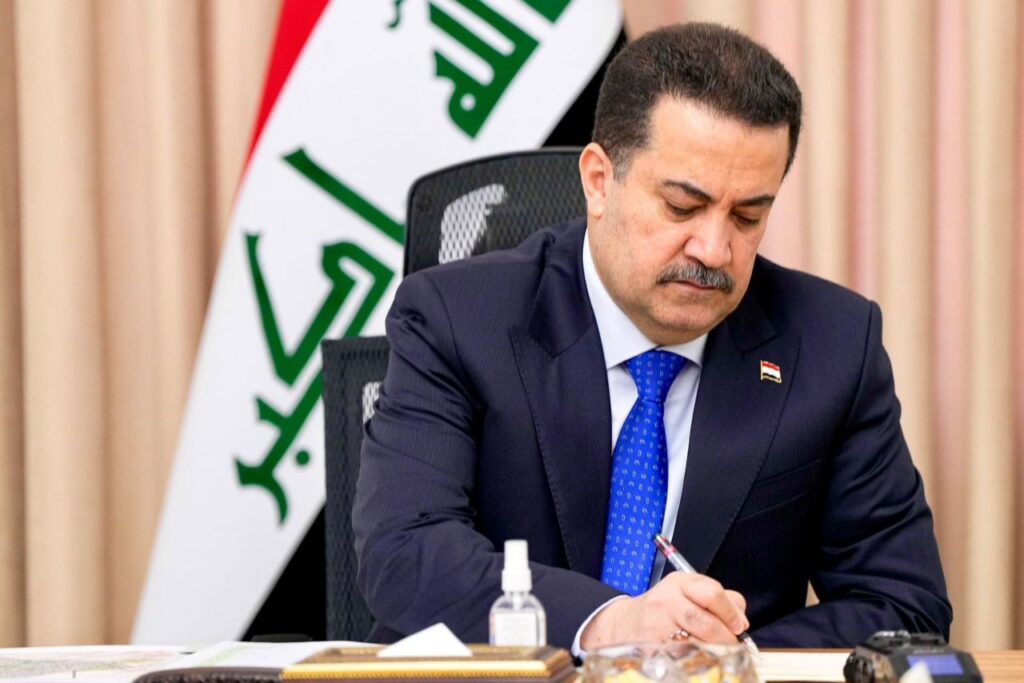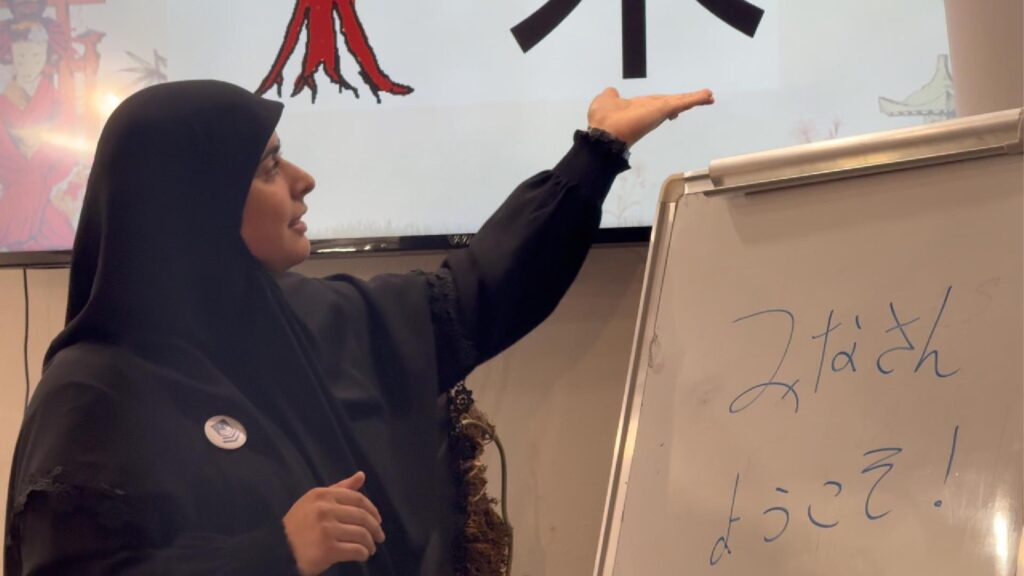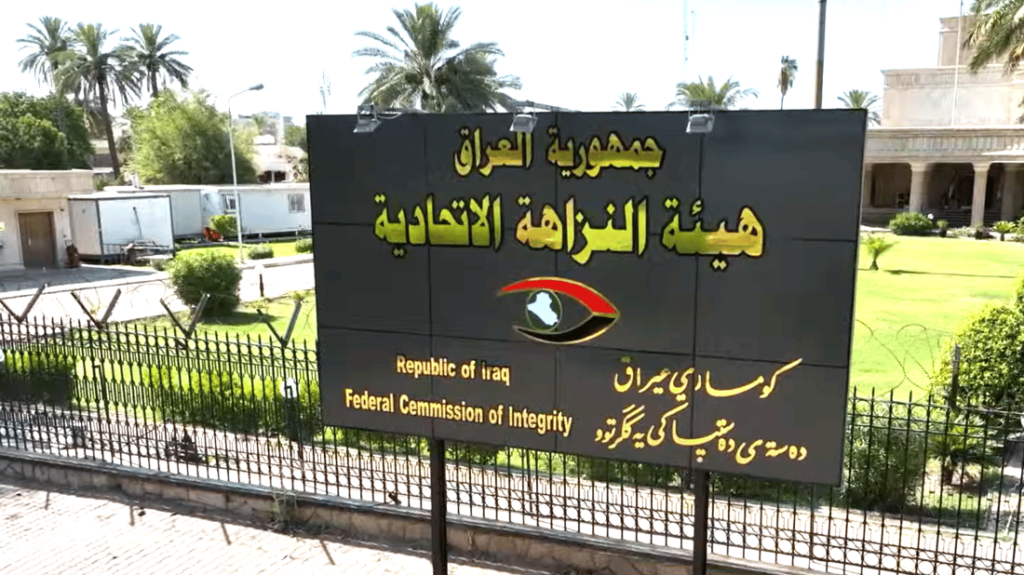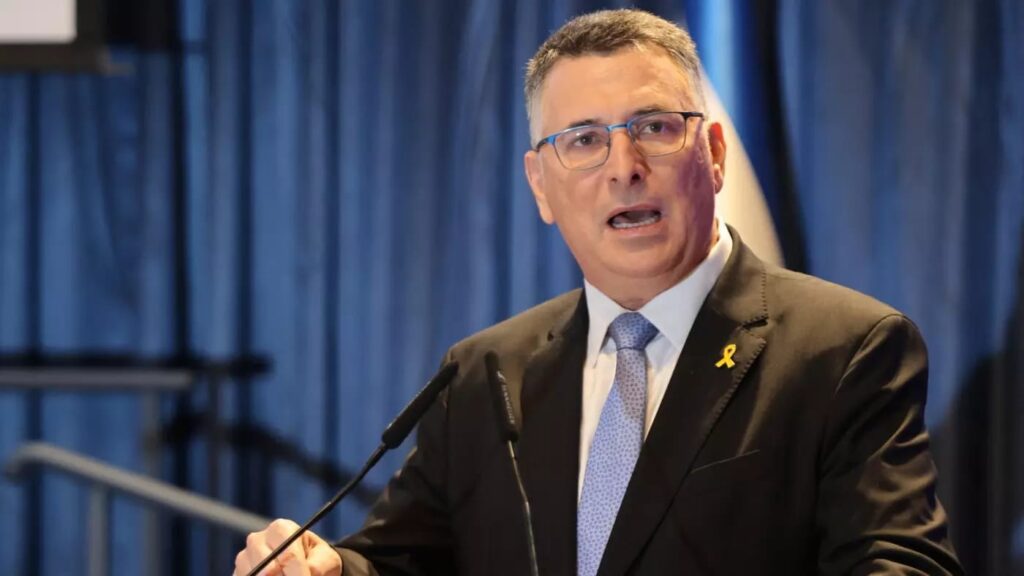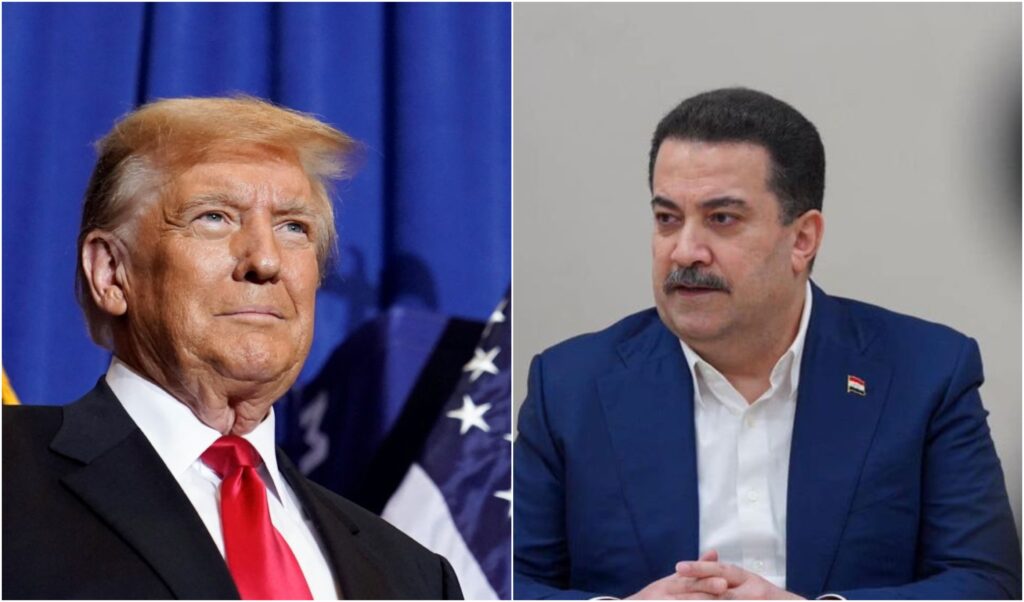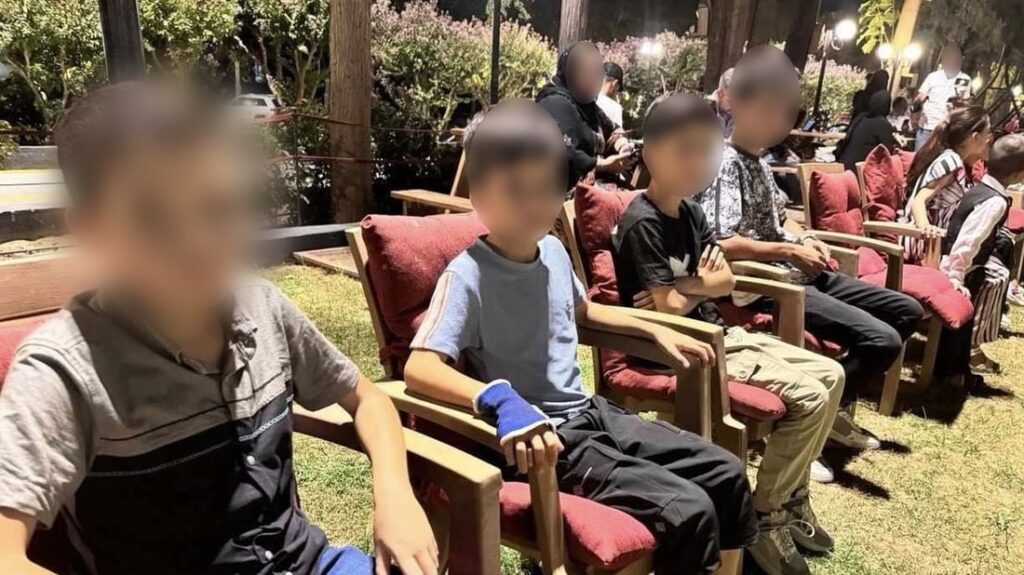Years of Iran-Saudi tensions nearing end, Iraq PM says

BAGHDAD: An end to years of tension between regional rivals Iran and Saudi Arabia is near, Iraqi Prime Minister Mustafa al-Kadhemi said in an interview published on Saturday.
Iraq, a neighbour to both countries, has hosted five rounds of talks over the past year aimed at restoring ties between Sunni Muslim Saudi Arabia, and Shiite-majority Iran.
Following the latest round in Baghdad, Iraqi officials have sounded increasingly optimistic, talking of an imminent sixth session and even going so far as to raise the prospect of a resumption in diplomatic relations severed in 2016.
Iran and the Saudi kingdom support rival sides in several conflict zones across the region, including in Yemen where the Huthi rebels are backed by Tehran, and Riyadh leads a military coalition supporting the government.
In 2016, Iranian protesters attacked Saudi diplomatic missions in Iran after the kingdom executed Shiite cleric Nimr al-Nimr.
Riyadh responded by cutting ties with Tehran.
"Our brothers in Saudi Arabia and the Islamic Republic of Iran approach the dialogue with a big responsibility as demanded by the current regional situation," Kadhemi said in his interview with the state-owned Al-Sabah newspaper.
"We are convinced that reconciliation is near," which would benefit regional stability, said Kadhemi, who Iraqi diplomats say attended the most recent meeting.
On Tuesday, the spokesman for Iraq's Foreign Ministry, Ahmed al-Sahaf, said the talks "are continuing... and could perhaps lead to a restoration of diplomatic representation between Iran and Saudi Arabia", state news agency INA reported.
In March, Iranian media said that Tehran had suspended participation in the talks after Saudi Arabia announced it had executed a record 81 people in just one day.
They had been convicted of various crimes related to "terrorism", and included men linked to Yemen's Huthi rebels.
But in early March, Saudi Crown Prince Mohammed bin Salman said his country and Iran were "neighbours forever", and that it was "better for both of us to work it out and to look for ways in which we can coexist".
Talks resumed on April 2021 between senior security officials from the two countries.

